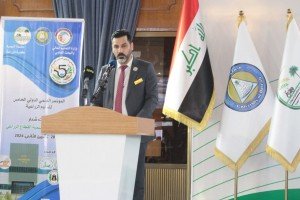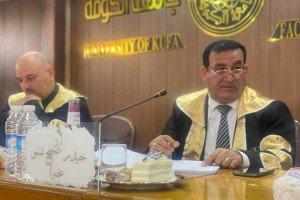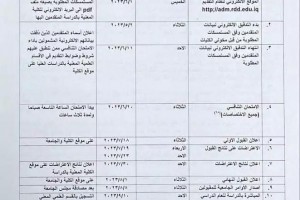
The University of Basrah with support from the European Union, the ILO's Capacity Building Training Program seeks to promote skills, entrepreneurship and decent work in agriculture for rural women in Basra.
One of the models is a graduate of Basra University, Alaa Abbas Jassim. She has many wonderful memories of spending time with her father on their farm in the city of Basra, southern Iraq.
The young Basra University graduate has always loved nature and is starting a small business selling products made from molasses, vinegar and dates.
Speaking about those memories, the young Iraqi woman said, “I grew up on a farm, and when I was a child, I used to see how my father cultivated the land, and sometimes I helped him.” "When I grew up, I went to university but I still loved nature and palm trees," she added.
But Alaa, like many other young women interested in starting or expanding a small business, needs all the support she can get; From developing skills in using modern agricultural machinery and occupational safety and health, to acquiring knowledge in entrepreneurship and ultimately establishing a small project.
She is one of more than 30 other women who recently participated in a capacity-building training program to promote skills, entrepreneurship and decent work in agriculture. The training, organized by the International Labor Organization (ILO), and supported by the European Union (EU), is part of efforts to enhance workers’ skills development and encourage women’s participation in agricultural work. Improving working conditions through the application of international labor standards and national labor legislation.
The program included theoretical education sessions in the classroom and practical training on farms in the Abu Al-Khasib area in Basra, known for its fertile lands and date farms.
In the field, the sessions focused on using modern machinery to improve the quality and quantity of agricultural products. It included sessions on irrigation, agriculture, fertilization, and product storage and packaging.
The training program also focused on business leadership skills, sales, and marketing-related topics. In this regard, Alaa said after the training, “Through the experience and advice of the trainers, we were able to understand how to market our products in the future. I have experience in the field of date production, but I do not have experience in marketing.” Then she added, "It is important for women to create small businesses and rely on themselves."



.jpg)





